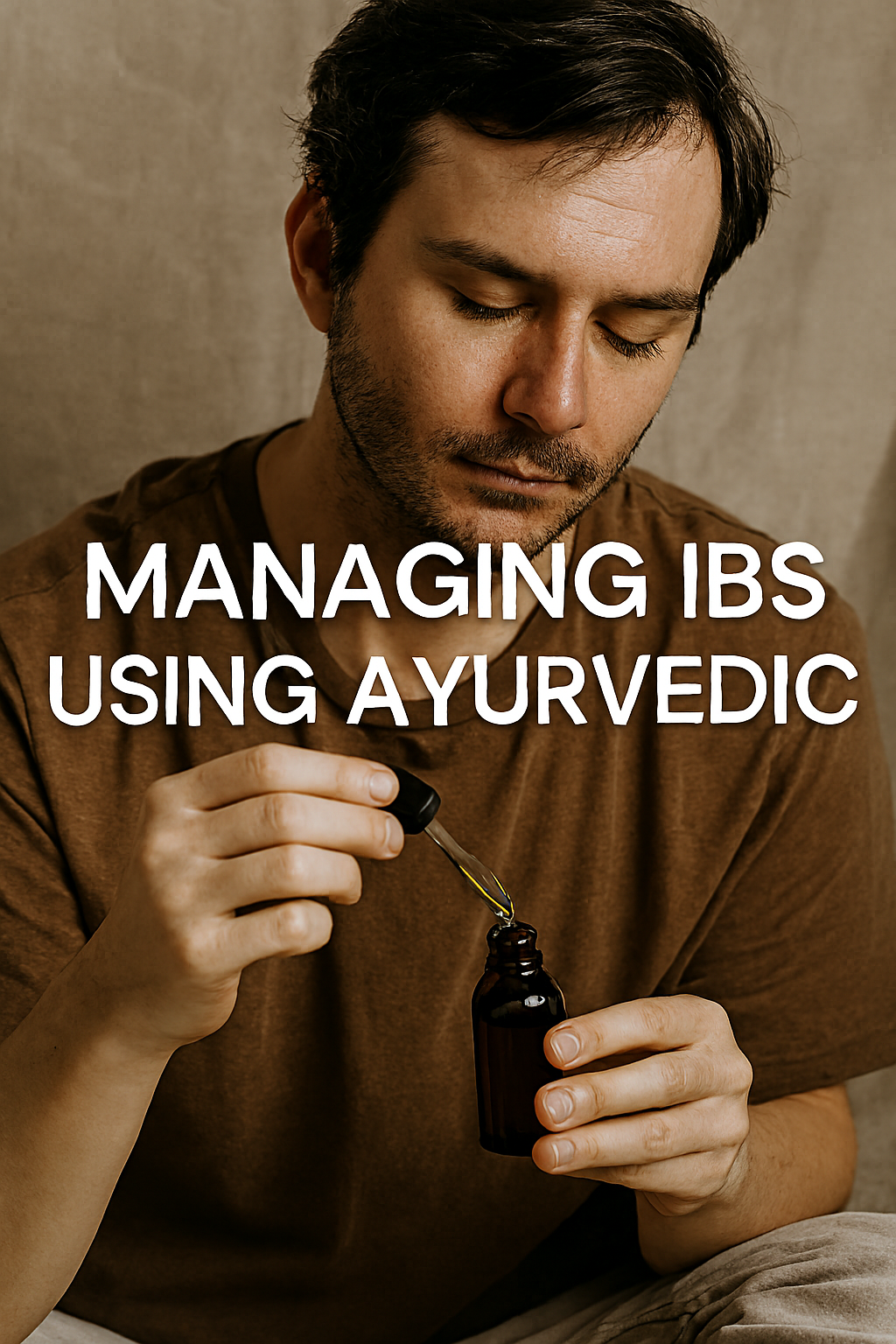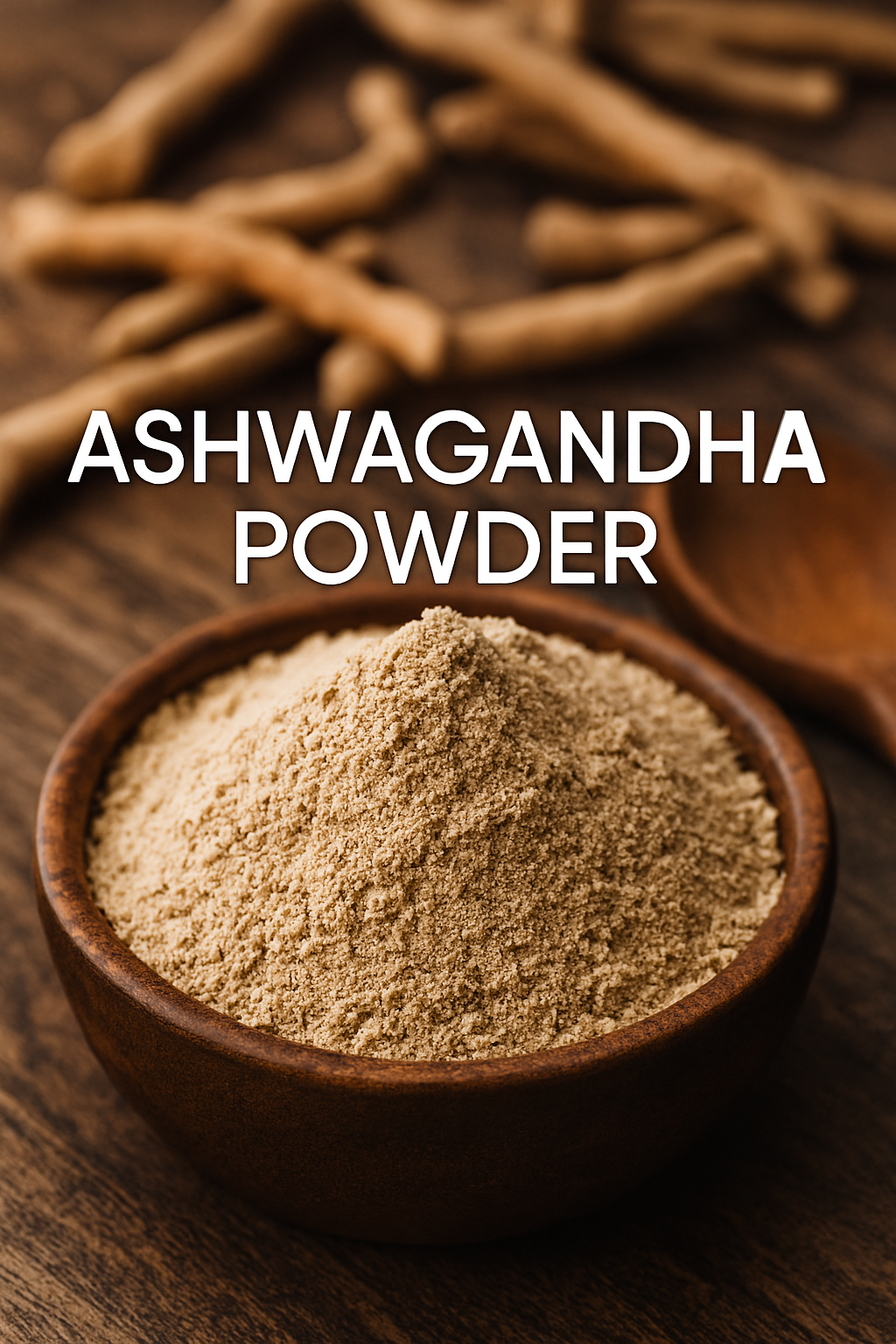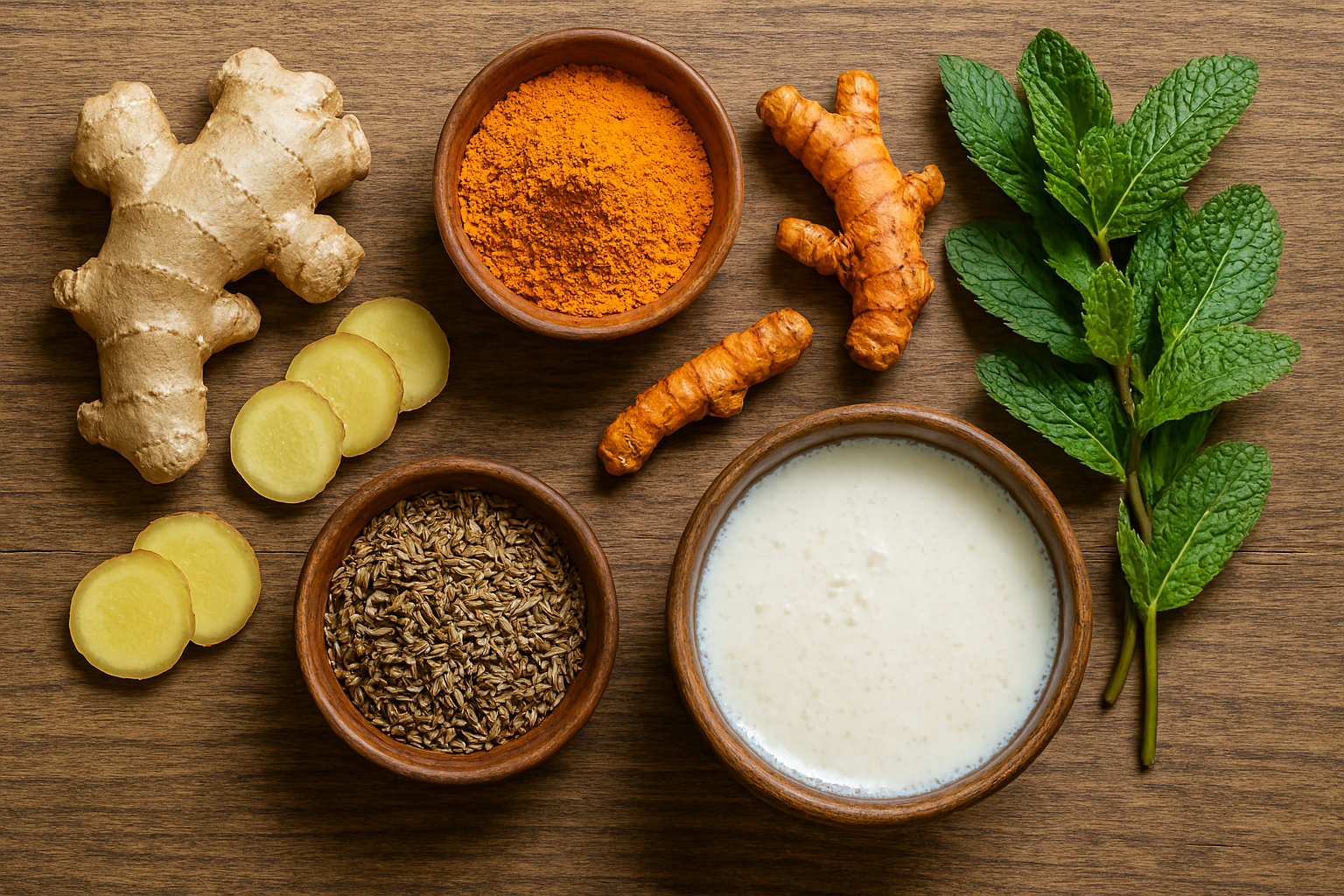Polycystic Ovarian Syndrome (PCOS) is one of the most common hormonal and metabolic disorders affecting women of reproductive age. It can cause a range of symptoms, including irregular or absent menstrual cycles, weight gain, acne, excessive hair growth, thinning hair, mood swings such as anxiety and depression, and fertility challenges. Beyond reproductive health, PCOS also impacts metabolism, often leading to insulin resistance and systemic complications.
Ayurveda offers a comprehensive and holistic approach to managing PCOS, focusing not only on symptom control but also on restoring hormonal balance, improving metabolism, enhancing fertility, and promoting long-term health.
Understanding PCOS from an Ayurvedic Perspective
In Ayurveda, PCOS (also called PCOD – Polycystic Ovarian Disease) is not classified as a single disease. Instead, it is understood through conditions with similar manifestations, such as:
- Pushpaghni Jataharini – ovum-destroying condition affecting fertility
- Artavakshaya – irregular or insufficient menstruation due to dosha imbalance
- Anartava – complete absence of menstruation caused by blocked channels
- Raktapradara – profuse bleeding due to hormonal imbalance
According to Ayurveda, PCOS arises from imbalance in the doshas, mainly Vata and Kapha, along with the dysfunction of bodily tissues (Dhatus) like Medas (fat), Rasa (plasma), Rakta (blood), and Artava (reproductive tissue).
The primary cause is often agni (digestive fire) imbalance, leading to ama (toxins) accumulation, which clogs body channels (Srotas), especially reproductive channels (Artava-vaha Srotas). This blockage, combined with Vata and Kapha disturbances, contributes to insulin resistance, hormonal imbalance, and ovarian dysfunction.
Additional contributing factors include:
- High intake of processed foods, sugar, and junk food
- Irregular eating and sleeping patterns
- Sedentary lifestyle and lack of exercise
- Chronic stress and emotional disturbances
- Genetic predisposition
Ayurveda Treatment Approach for PCOS
Ayurveda offers a personalized, long-term treatment plan for PCOS, focusing on both lean and obese individuals:
- Lean PCOS: Often caused by hormonal imbalances due to stress
- Obese PCOS: Typically linked to metabolic disturbances
Key Treatment Principles
- Agni Deepana – Strengthening digestive fire
- Ama Pachana – Detoxification of toxins
- Rukshana – Reduction of excess Kapha and body obstructions
- Koshta Shodhana – Gut cleansing
- Vatanulomana – Normalization of Vata movement
- Srotoshodhana – Clearing blocked body channels
- Dhatvagni Deepana – Repairing tissue-level metabolic function
Panchakarma Therapies for PCOS
Ayurveda recommends specific Panchakarma therapies for long-term healing:
- Sarvanga Abhyanga: Full-body oil massage for dosha balance
- Sarvanga Udwarthana: Dry powder massage to reduce excess Kapha
- Bhashpa Sweda: Steam therapy to dissolve metabolic toxins (Ama)
- Nasya: Medicated oil through nasal route to restore neuro-hormonal balance
- Vamana: Therapeutic vomiting to eliminate excess Kapha and improve metabolism
- Virechana: Purgation therapy for Pitta balance and liver detoxification
- Vasti: Medicated enemas to regulate the Hypothalamic-Pituitary-Ovarian (HPO) axis
- Rasayana: Rejuvenating treatments to enhance fertility and overall health
Lifestyle and Dietary Modifications
A healthy lifestyle is central to Ayurveda’s PCOS management:
Dietary Guidelines:
- Favor whole grains, high-fiber foods, lean protein, and healthy fats
- Avoid refined sugar, fried foods, caffeine, carbonated drinks, alcohol, and dairy
- Include bitter vegetables and low-glycemic foods
Physical Exercise and Yoga:
- Regular exercise and yoga improve metabolism, regulate weight, enhance blood flow to reproductive organs, and support emotional well-being
Stress Management:
- Meditation and Pranayama help reduce stress, balance hormones, and improve sleep
Sleep Regulation:
- Maintaining a consistent sleep schedule supports optimal hormonal function
Benefits of Ayurvedic PCOS Management
Ayurvedic treatment offers sustainable, long-term results rather than temporary relief:
- Regular Menstrual Cycles: Improved cycle regularity, duration, and discomfort, often without hormone medications
- Enhanced Fertility: Increased ovulation, higher chances of natural conception
- Improved Metabolism and Insulin Sensitivity: Effective weight management and reduced insulin resistance
- Relief from Symptoms: Acne, hirsutism, mood swings, and other dermatological issues improve
- Reduced Dependence on Medication: Restores natural metabolic and endocrine balance
- Overall Well-being: Addresses emotional health, stress, sleep, and comorbidities, preventing disease progression
Research supports that Ayurvedic therapies, including Panchakarma and herbal formulations, can improve BMI, menstrual regularity, follicular growth, and fertility outcomes by addressing root causes rather than just symptoms.
Conclusion
PCOS is a complex, multifaceted condition requiring a personalized, long-term management approach. Ayurveda offers a holistic solution through detoxification, hormonal balance, diet, lifestyle, and Panchakarma therapies. Unlike symptomatic treatment, Ayurveda focuses on root cause correction, sustainable health, improved fertility, and quality of life—emphasizing that PCOS management is a journey, not a quick fix.




